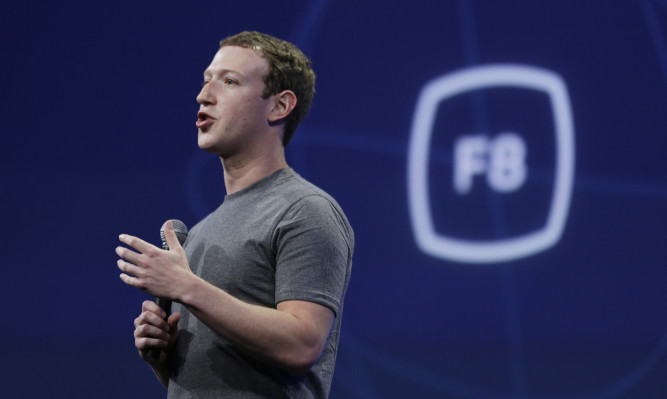After years of questions Facebook has finally revealed it is working on an alternative to the “Like” button to allow people to express their feelings on serious posts.
A way for users of the social networking site to show empathy is due to be tested soon, founder Mark Zuckerberg said.
The creator of the 11-year-old site said hundreds of people had asked over many years about an alternative such as a dislike button, but he said he was keen that Facebook did not become a forum for people to simply vote up or down on someone’s post.
“People aren’t looking for an ability to downvote other people’s posts, what they really want is to be able to express empathy,” he told an audience at a Q&A in Menlo Park, California.
He acknowledged that not all moments are happy ones, and referred to people wanting to share their feelings when a relative dies, or express thoughts on the current refugee crisis.
He said: “Your friends, and people want to be able to express that they understand and that they relate to you, so I do think that it is important to give people more options than just like as a quick way to emote and share what they’re feeling on a post.”
Depending on how the test version goes, the alternative could be rolled out to users more broadly, he said.
The question was raised by a user in Cairo, who suggested “I’m sorry”, “Interesting” or “Dislike” buttons.
Last month Facebook marked a milestone when, for the first time in its history, it recorded one billion users in a single day.
